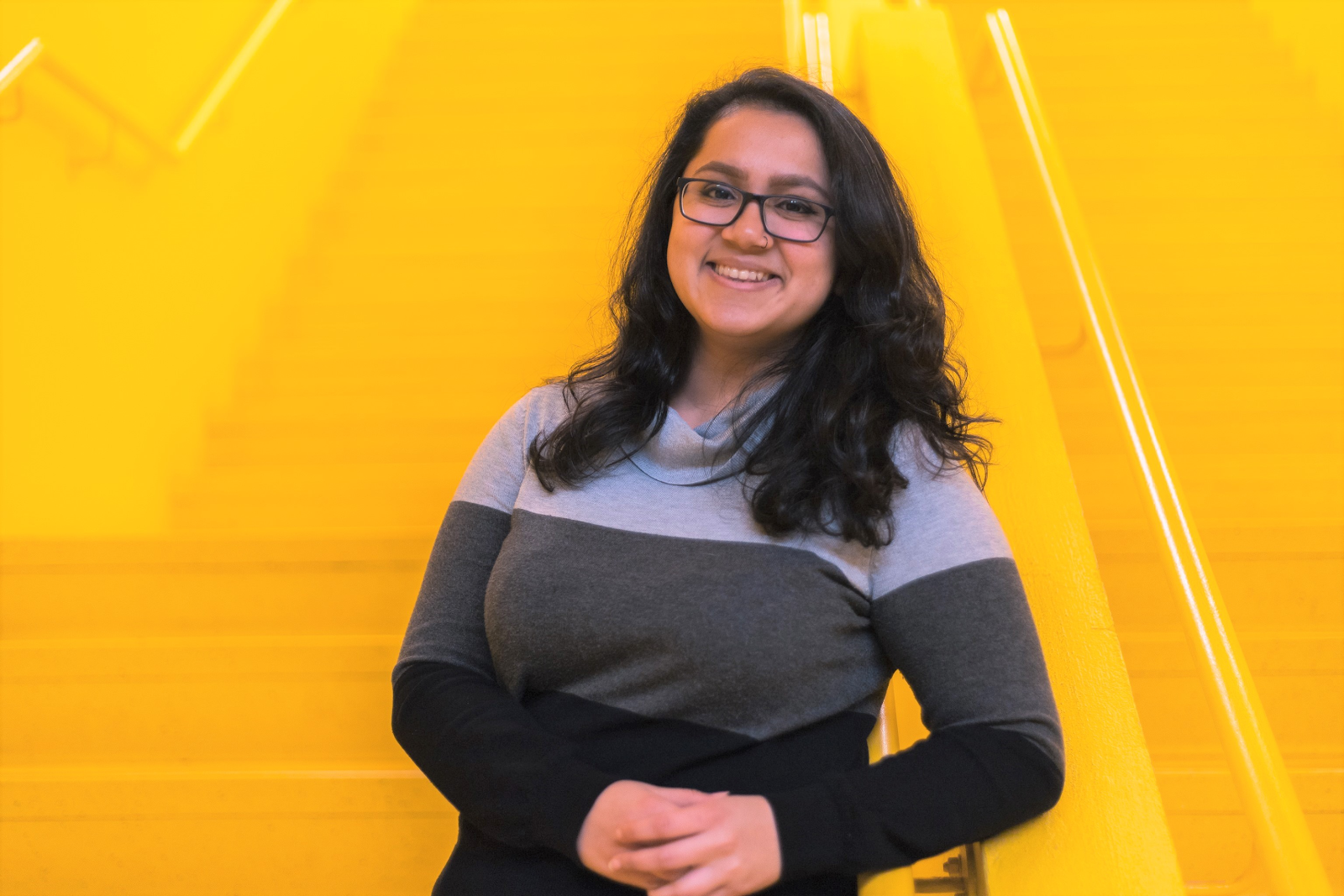Kritika Joshi is a fourth-year Honors Sociology student at UBC. She also work as a Teaching Assistant for the Department of Sociology and an Arts Peer Advisor for the Faculty of Arts Academic Advising Office. One of the things that attracted her to sociology was the opportunity to learn about various topics and issues. Her sociological interests include crime and society, neoliberalism and motherhood, post-colonial and decolonization studies, and race, ethnicity, and immigration.


What was your project about? What are the main takeaways from your work?
Canada’s critical infrastructures, namely the oil extraction and natural gas pipelines are examples of neoliberal settler-colonialism and invasion. My Honors thesis ‘Representation of Indigenous Peoples and Pipeline Protests in the Media’ attempts to address these concerns over settler-colonialism and how Indigenous nations have been represented as monolithic in the media surrounding the Trans Mountain and Coastal GasLink pipeline.
One of the main take-aways for me was realizing how important editing is! Thanks to my supervisor, Dr Renisa Mawani, I can now pick up when I am circling a point rather than addressing it straightforward. It really gave “academic jargon” a whole new meaning for me.
What inspired you? How did you get interested in this topic?
I found out about Honours through my close friend, but what inspired me were the anti-pipeline protests that were happening in 2019 against the Trans Mountain pipeline. Especially in Vancouver, very liberal compared to other provinces, and within UBC as well, I was a spectator to many protests. Additionally, as a person of color, I was drawn to the fearlessness and self-determination of the Indigenous peoples and I wanted to understand it better. I, then, decided to put them together and do my SOCI honors thesis on the representation of Indigenous peoples in media in relation to the pipelines. What was also very beneficial was that I had just finished taking SOCI 310 (Canadian Society) which provided me with a foundation to build on.
What was the most difficult part of this learning journey? What was most satisfying?
The most difficult part of this learning experience was my unrealistic ambitiousness. I wanted to do in-depth interviews with Indigenous peoples, and I was sure that they would want to talk to me. But, in reality, I had to go through BREB and the ethics boards of each Indigenous Nation. I also had to check my biases and understand that it was wrong for me to assume that these Indigenous peoples, who have been fighting day and night against these pipelines, would be willing to talk to yet another settler-colonialist who wants to do research about them and their experiences.
The most satisfying part was finishing the thesis and having this beautifully crafted 30-page essay. It was a reflection of a year’s worth of work, and despite the numerous obstacles, I managed to not only finish it but submit a piece of work that I am proud of.
What skills did you develop or strengthen as a result of this project?
As for the concrete skills, I know more about research processes such as ethics boards (BREB), how to write a 30-page thesis, reading mindfully and smartly, and academic writing. Along with those skills, I also learned some life skills. I learned tips on time management, organization, and critical thinking. Since I was sifting through 90 articles from 3 major Canadian news sources, I also now know how to decipher news articles and critically question them.
What assistance did your supervisor provide to help you succeed with this project?
Like I mentioned previously, Dr Mawani not only helped me learn how to edit and recognize this problem I had, but she also edited those drafts for me in record time. Since her research also addresses post-coloniality and Indigeneity, she was able to ground me in moments where I was being too ambitious. It was also beneficial to hear perspectives and tips from her as a researcher but also relate with her later on when I was struggling. She is one of the best in her fields and having her as a supervisor elevated my thesis immensely, and I hope to continue using these skills in the future.
What advice would you give to students who are interested in a similar project (e.g. directed studies, Honours thesis, quantitative or qualitative research)?
Go for it! The university culture also includes being part of different learning experiences and the Honors program is definitely one of them. Don’t be afraid to talk to the professors or students about their own experiences because that will help you make your decision about applying to honors or directed studies. You will not be able to be part of every opportunity that UBC provides, but talking to others about their experiences will help you prioritize based on your interests and feedback. Lastly, don’t be too ambitious like me. Be realistic and set realistic goals as well. Good Luck!


